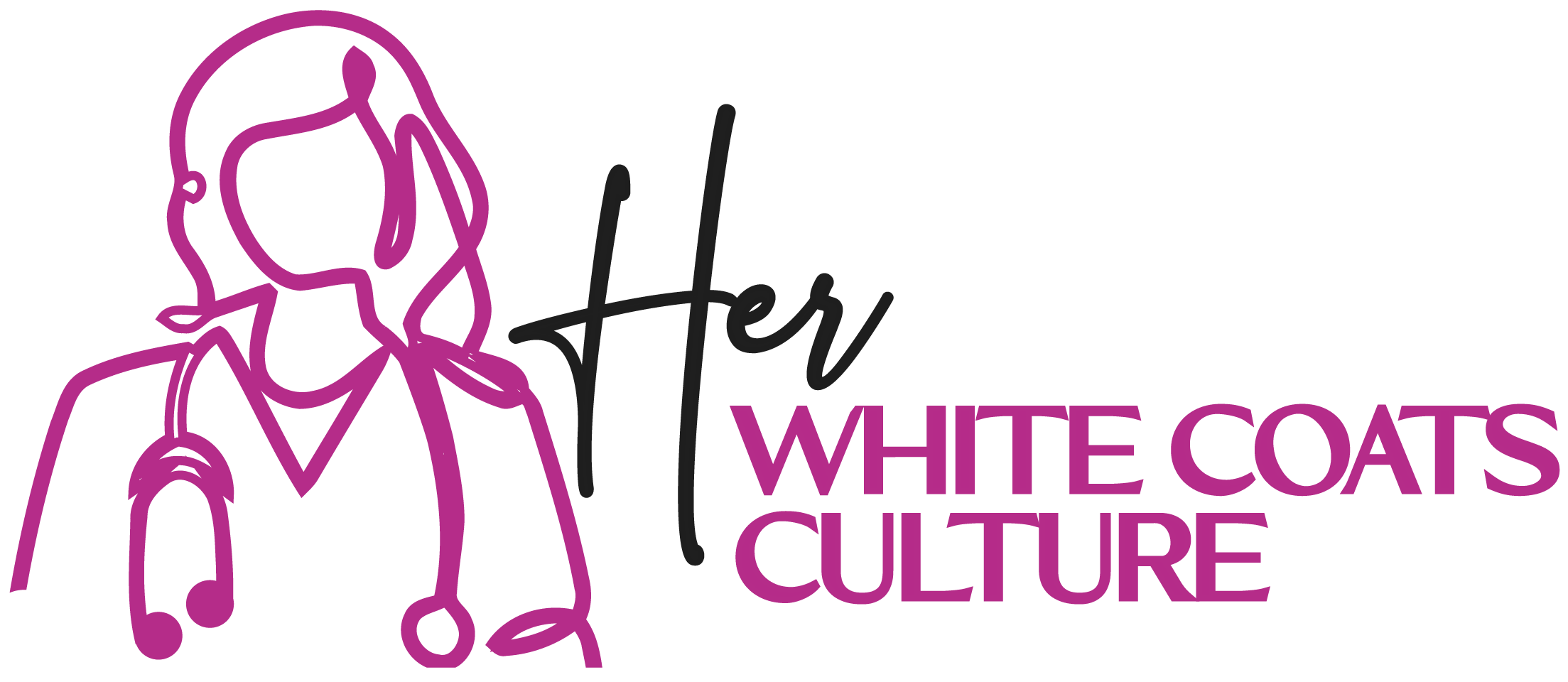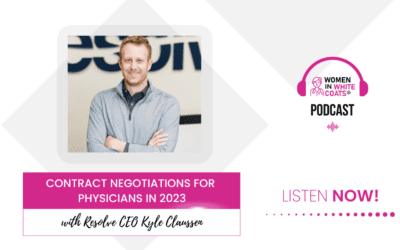Unexpected patient outcomes and malpractice litigation hit people in white coats hard, commonly altering the course of their lives. I am deeply committed to coaching, speaking and writing regularly regarding these events, thanks to personal experience as well as that of certain beloved colleagues.
In line with this passion, I recently devoted a series of posts on my Insight Blog to exploring the issue of physician suicide. In the U.S., doctors die by suicide more often than any other profession, while nurses, dentists, and other healers also suffer higher than average risk. It is clear that there are links between our hardest professional experiences and that high rate of suicide. Consequently, I decided to explore what we can do to reduce physician suicide.
In this post, we’ll explore some of the systemic barriers which get in the way of our addressing our mental health, and I’ll share what some inspiring physicians are doing to dismantle them.
What Gets In Our Way?
One might presume that healers would be the first to recognize a health problem in themselves and seek care. As a recent NPR story physician suicide points out, this isn’t necessarily so. Physicians actually tend to delay or avoid seeking professional help for mental health concerns due to fear of jeopardizing their license or credentialing. “I know a lot of them,” says Dr. Pamela Wible. “They’re having to sneak out of town, pay cash, and use a fake name to do it.” Really? Wow! Does that sound like we’re all crazy? We are not! In fact, these are logical decisions given the circumstances. When we avoid seeking care openly, we choose the path of using our hard-won skills to support ourselves and our families (and, ironically, provide them with health coverage) without risking our right and ability to practice our profession. In the short run, anyway.
Those who “sneak out of town, pay cash, and use a fake name” might simply be some of the most self-aware and creative among us, those most desperately committed to their own well-being. I suspect that few of us realize how huge are the risks we run in a time of crisis when we either do not recognize the need for or choose to forego the care which our mental and emotional health demands.
The Little Word “Ever”
How did we get into this mess? Probably like this. Previous generations of the medical community recognized that there is a link between the mental well-being of a physician or nurse and good practice.
In an attempt to ensure that patients received good care, credentialing bodies and medical societies inadvertently put the cart before the horse. They asked physicians whether they had ever been diagnosed with mental illness or addiction or sought mental health services.
Ever? Yes, ever.
Given their context, asking the question that way made sense. They lived in another time. They may have understood what we would call PTSD, depression, anxiety, or addiction as incurable signs of moral weakness or a flawed character. They may not have contemplated prevention and treatment of these conditions in the way we would today.
Our knowledge has evolved on so many fronts. Time for our credentialing practices to catch up! It no longer makes any more sense to presume that a physician or nurse with a history of mental illness or addiction should not practice than it does to assume that a physician with a history of diabetes, cancer, or even appendicitis — all of which were untreatable at one time — is unfit to practice.
The more relevant question is whether the disease is active in such a way as to interfere with the individual’s ability to responsibly provide sound medical care.
Occupational Injuries in Us
What has also changed rapidly is the clear evidence that, in many cases, the occurrence of PTSD, depression, anxiety, the sensation of burnout in physicians, nurses, and other healers is not random. Frequently, these are occupational injuries. And, not uncommonly, they are tied to unforeseen adverse outcomes and the stress of medical malpractice litigation or other investigative processes. These injuries may go unreported; that doesn’t mean that they don’t exist.
Fantasize with me for a moment: Imagine an industrial worker who incurs a major laceration, maybe even amputation of a digit in the workplace. And imagine that this industrial worker anticipates being asked on an annual credentialing form whether s/he has ever been diagnosed with or sought treatment for an injury in the workplace, and that s/he presumes that a ‘yes’ won’t be perceived as a good thing. Now imagine that the worker’s health benefits are tied to employment, and that the worker wonders whether the folks in HR might have access to confidential information regarding health claims. Then presume that the worker knows full well that being caught in a lie on a credentialing form spells professional doom.
What fears come up in you for this person? Can you imagine this worker inadequately seeking care? Pretending the injury doesn’t exist? Leaving town to pay cash and seek care under an assumed name? Can you even imagine co-workers unconsciously or consciously colluding with the worker to hide the fact that there is a problem?
That worker, my friends, is us.
Questions which deter the injured healer from recognizing their injury, effectively deterring them from seeking care, protect and heal no one.
Fighting the Good Fight in Idaho
Dr. Heather Hammerstedt has explored these questions, too. “I personally know at least three physicians who have refused to go get counseling about depression…stemming from professional burnout,” she wrote, ”just because they are afraid of what will happen if they have to ‘check yes’ on hospital credentialing or state licensure paperwork that they have sought mental health services.”
Seeing frustration in colleagues all around her, Dr. Hammerstedt, an MD and MPH, took it upon herself to poll physicians anonymously via physician-only social media groups. The responses are impressive, although not entirely surprising.
Among over 260 physician respondents, only 4.9% indicated that they WOULD seek care for burnout, addiction, or depression regardless of professional consequences. Another 12% indicated that they HAD sought care for these issues, BUT 2/5 of those physicians indicated that they DID suffer professional consequences as a result. Isn’t that our fear?
Is it any surprise, then, that 41% of all respondents indicated either that they DID NOT or WOULD NOT seek care for these issues or (a tiny group) WOULD seek anonymous care and NOT report it?
And — get this! — 43% of all respondents, the largest segment of all, indicated that they were “afraid to even answer these questions anonymously”! Does that square with your experience? It does with mine.
As Hammerstedt puts it, “we have a physician mental health (and) wellness problem and … we have an opportunity to lower the barrier for our physicians to seek care BEFORE they have serious problems.”
Teamwork
As president of the Idaho chapter of the American College of Emergency Physicians, Dr. Hammerstedt called upon colleagues to band together. In July 2017, Idaho ACEP, Ada County Medical Society, Idaho Academy of Family Physicians, and Idaho Psychiatric Association co-sponsored a resolution to the Idaho Medical Association House of Delegates. In this resolution, she writes, they asked Idaho’s State Medical Board and hospitals “to stop (inquiring) about non-relevant mental health history and about prior treatment or counseling as a requirement for credentialing or licensure, and instead only ask about current illness (medical or other) that would preclude (one’s) ability to perform duties.” She recalls that the resolution was very controversial among the delegates, who tasked the Idaho Board of Medicine and Idaho Medical Association with finding a solution.
Interestingly, just as Hammerstedt and her colleagues worked to prepare their resolution, the American Medical Association and Federation of State Medical Boards were grappling with the same issues. In June, 2017, the AMA issued a policy, “call(ing) on state medical boards to evaluate a physician’s mental and physical health similarly, ensuring that a previously diagnosed mental health illness is not automatically considered as a current impairment to practice.”
Over coming months, letters and emails rolled in to the Idaho Board of Medicine and Idaho Medical Association. In October, 2017, having heard from physicians across the state, they agreed to recommend to the Idaho Hospital Association that hospitals change the language used by credentialing committees and further agreed that the IBOM would change its own language in tandem.
Sadly, the issue may have remained controversial but for the fact that another physician died by suicide in Boise in the week immediately prior to this decision.
As we all know, big processes move slowly. As of August 2018, Dr. Hammerstedt indicates that her hospital system “is currently actively revising their credentialing questions, and … the Idaho State Board of Medicine is reforming their questions to ask only about current situations that would interfere with ability to practice. We have asked them to provide clear instructions (regarding) what would happen (in response to a) ‘yes,’ but haven’t (yet) heard back.”
The fact that the process does not move quickly does not diminish its importance, however. I, for one, am excited to see the impact these changes will have for physicians in years to come!
Now What?
All of this leads me to ask: What’s happening in your state or region? Do you even know? I’ve got homework to do to find out where we are here in my state.
What does Thomas Jefferson say in “Hamilton”? “If you don’t know, now you know”? By all means, reply in the comments or e-mail me here; let me in on what you know!
Many thanks to Dr. Heather Hammerstedt and her colleagues in Idaho for their contributions to this post!
Stacia Dearmin, MD, practices Pediatric Emergency Medicine in Ohio. She is the founder of Thrive: Insight, Education, Support, dedicated to the education and support of physicians and other healers confronted with unexpected patient outcomes and malpractice litigation. She is mother to two wonderful young adults and loves the ocean, gardens, and knitting. Her website is www.thrivephysician.com and she can be found on twitter @thrivephysician, on linkedin, and on Facebook at Thrive: Insight, Education, Support.





